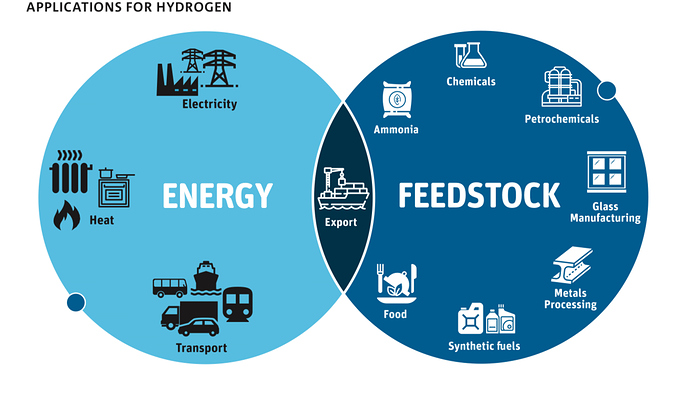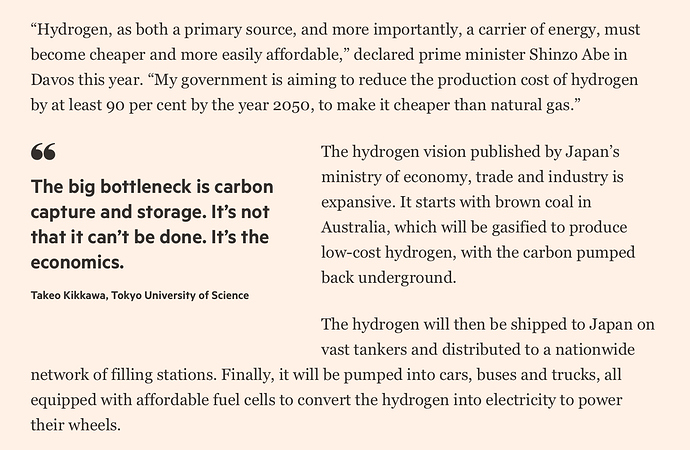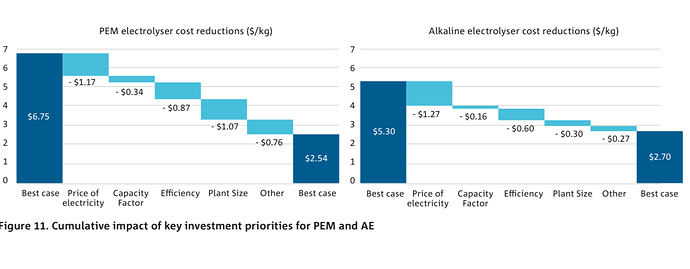We have a Category for Solar and one for Energy.
Perhaps with time we will need one for hydrogen.
Hydrogen is seen by some as a great opportunity for Australia. It can readily fit into so many different parts of the economy, and it may also find a ready export market. It has the potential to change how consumers see and use energy in many different ways.
Hydrogen can fuel electric vehicles, it can be used as an alternate storage for energy, used in minerals processing, for heat energy and to replace natural gas.
It seems to have favour with the Federal Govt. Energy Minister Angus Taylor and PM Scott Morrison seem to be keen to promote it, and a technology roadmap.
A strategy on a hydrogen future already has the support of the CSIRO who provided a roadmap late last year. That “roadmap” word again.
The long version.
And with several state governments keen to get onboard it is interesting to note:
Aside from the trials of Hydrogen powered fuel cell vehicles, what else is there to share?



